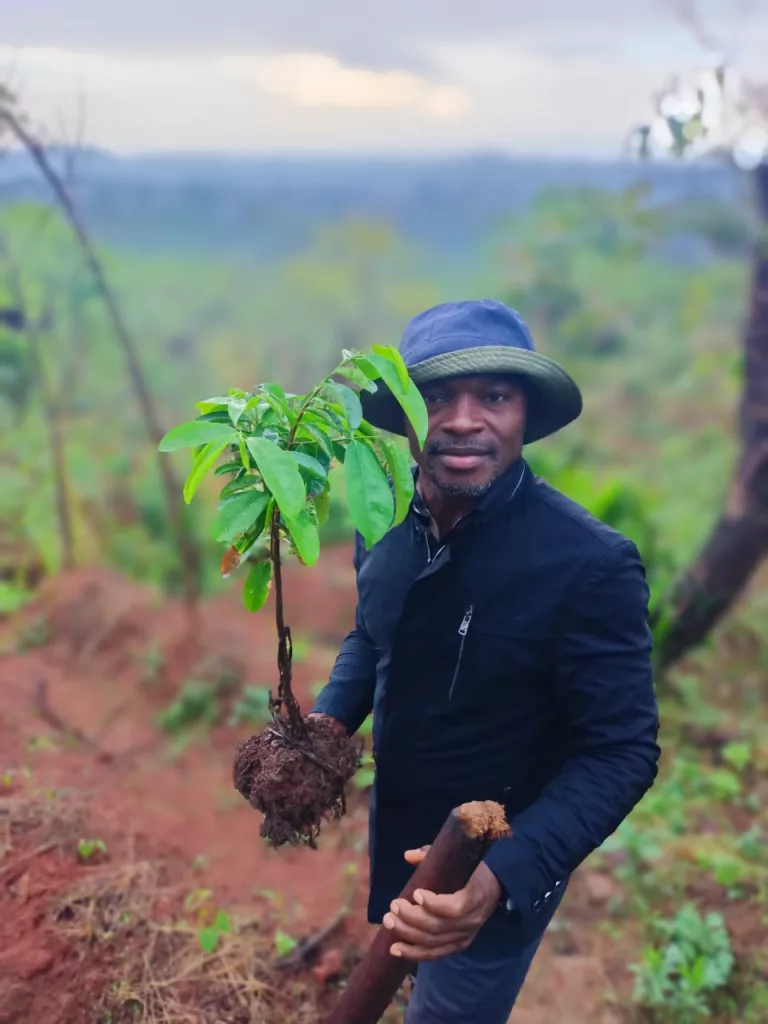The Great Green Wall research center was launched in Djibouti from 25 to 26 April. With than 150 key players. This is an International Network. Called “Research, scientific expertise and knowledge for the sustainable management of the lands and territories of the Great Green Wall”.
Led by the Pan-African Agency for the Great Green Wall, the Great Green Wall project is a 7,000 km long and 15 km wide cordon reforestation initiative. It starts from the Atlantic to the Indian Ocean. The Great Green Wall was initially launched in 2007. It is a project serving rural communities and societies in the Sahel-Saharan region that brings together several countries. These countries are Algeria, Burkina Faso, Benin, Cape Verde, Djibouti, Egypt, Ethiopia, Gambia, Libya, Mali, Mauritania, Niger, Nigeria, Senegal, Somalia, Sudan, Chad and Tunisia.
A comprehensive approach
This international research network for the Great Green Wall is described as fully aligned with the Sustainable Development Goals. It includes the African Union’s Agenda 2063 and the Paris Agreement. “We must work together and bring our scientific knowledge, foster exchanges between researchers and ensure mutual enrichment,” says Djibouti’s Minister of Higher Education and Research, Nabil Mohamed Ahmed. The Centre d’études et de recherche de Djibouti (CERD) and the Institut of Research and Development (IRD) jointly organize this event in the capital Djibouti. This research network brings together more than 150 researchers. With 17 universities and training and research centres from Southern and Northern countries. It integrates 22 research teams from the South, 15 research units from the North and 4 international joint laboratories of the IRD. Withour major research fields : agronomic sciences, earth and universe sciences, environmental and corporate sciences and data sciences.
“The solutions are ours”
For Valérie Verdier, IRD CEO, it is important to “to network all the partners working in research and development around the Great Green Wall in order to advance sustainable solutions for the local population.”
Tabi Joda, President of the Nigerian-based NGO Green Aid, at the initiative of a soil regeneration movement known as “one billion trees in Africa”, regrets not having been invited to this meeting. Since 2015, he has been working with African village communities and planting trees.

How to meet the expectations?
The international research center should provide a framework for regular exchanges. Scientists, decision-makers, development operators and policy makers should be in connection. They should indeed meet the expectations of the population, wish the organizer.
For Tabi Joda, it is necessary above all to take into account the feelings of the communities beforehand. He wonders: “what kind of solutions can be found without taking into account voices, ideas? The communities on the ground should be involved, he emphasizes.
7 million trees have been planted in Africa by his NGO since 2015, he underlines. “Our solutions are tangible and measurable. Our solutions bring the ecosystem back to life and restore biodiversity loss. By the way,that’s what communities want to see and that’s what we’re doing,” he concludes.




